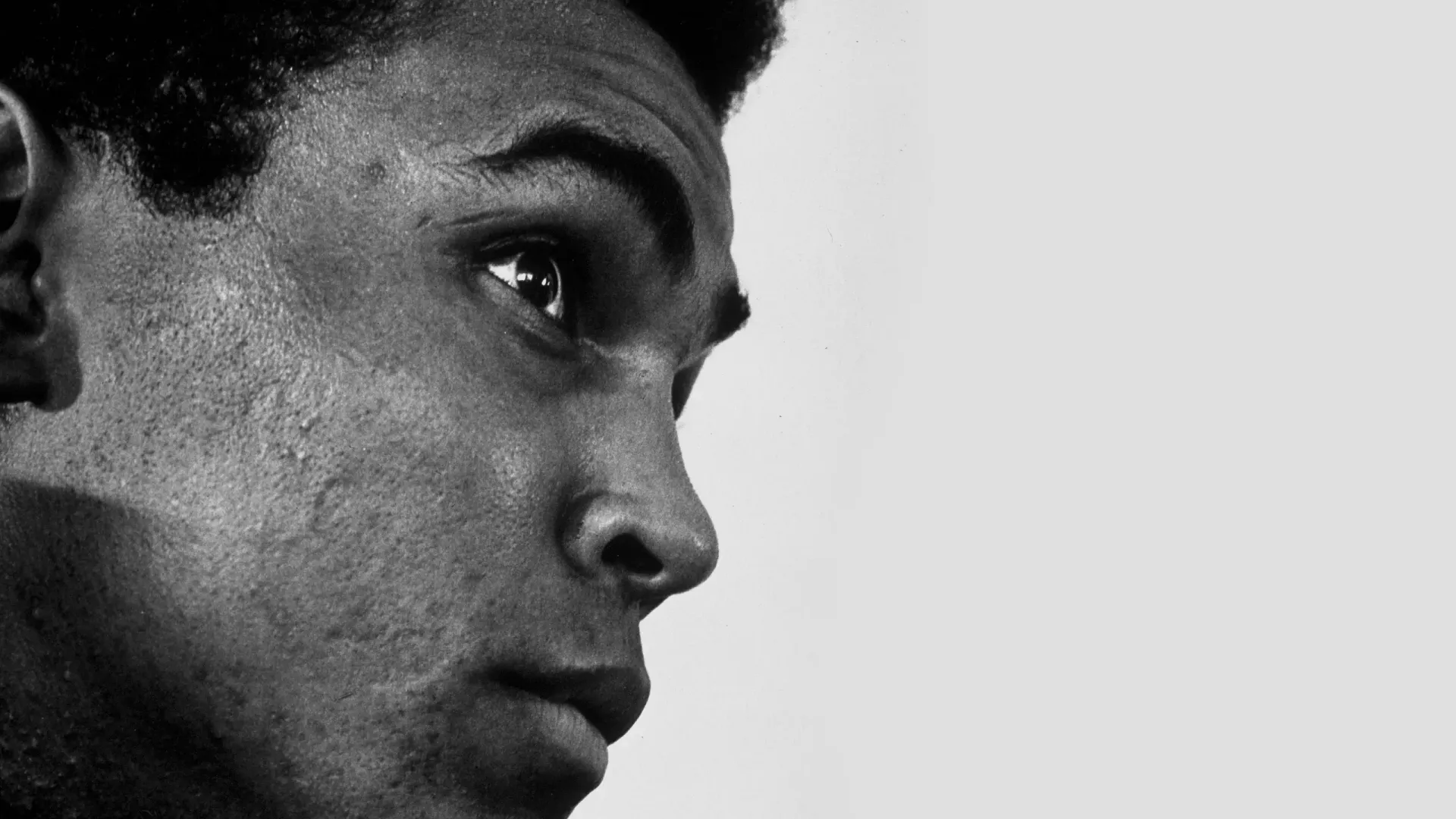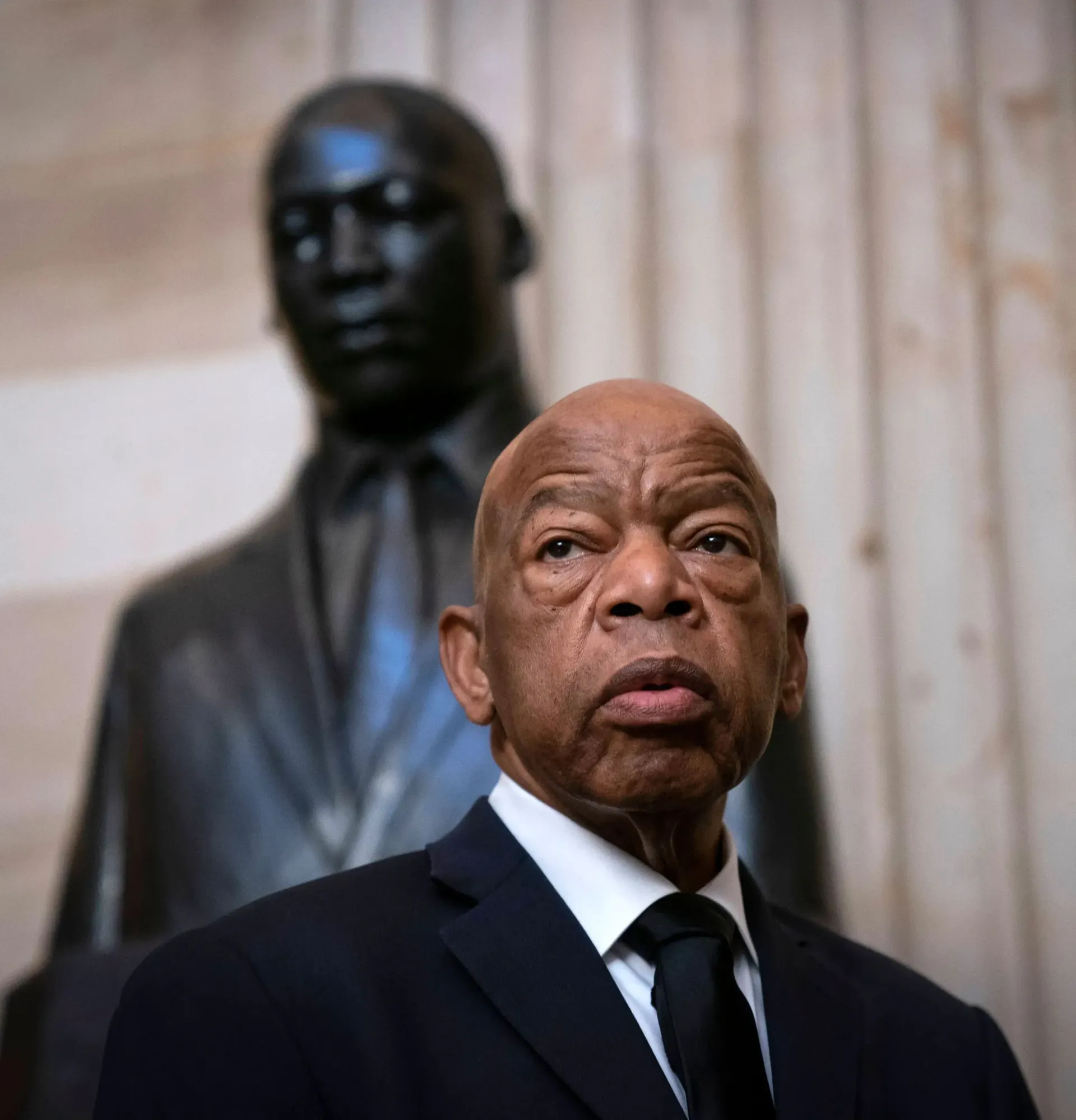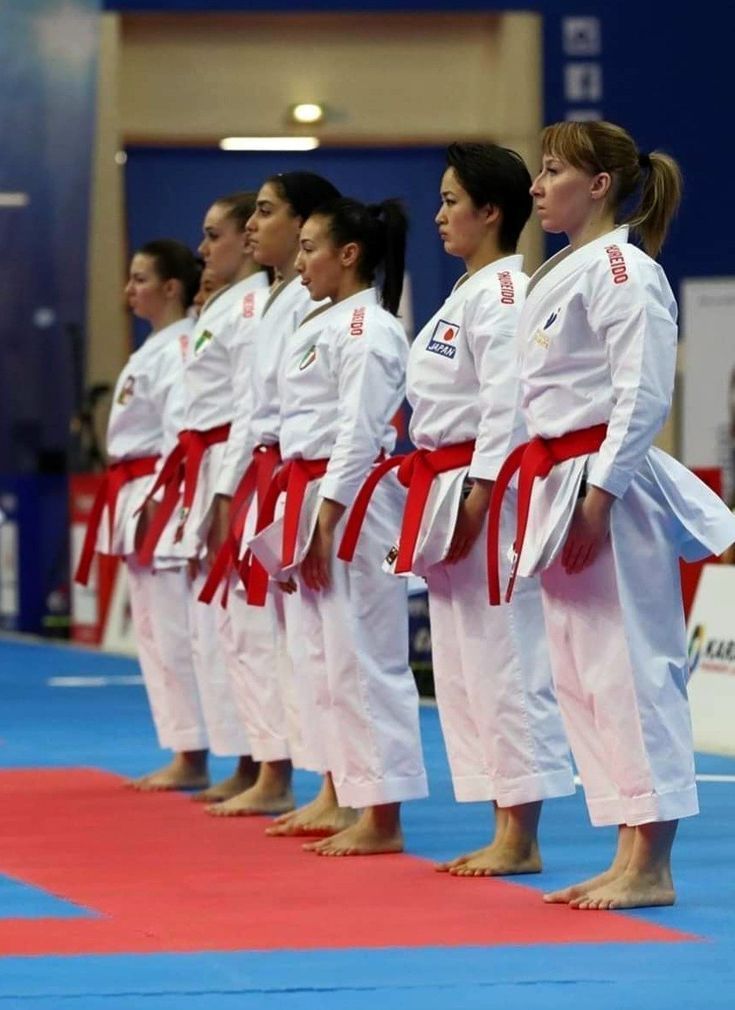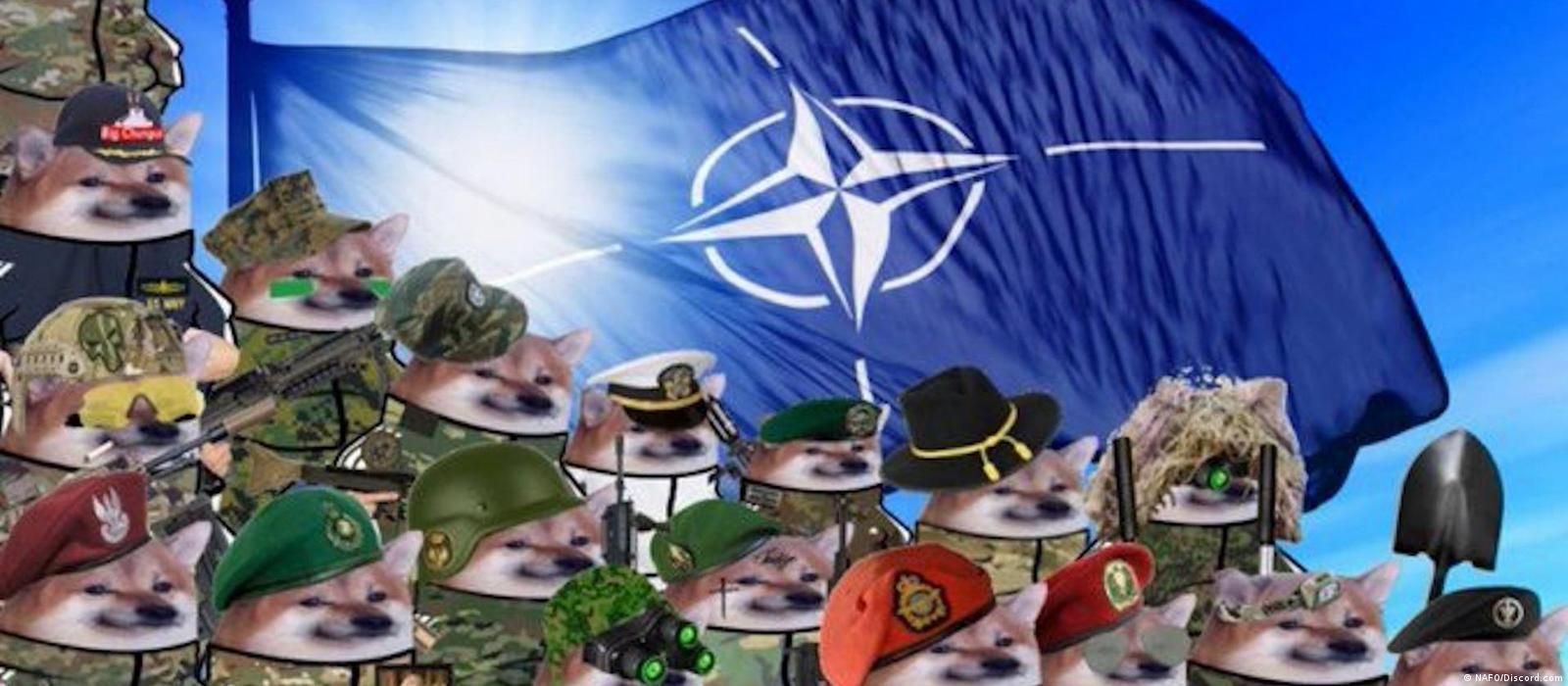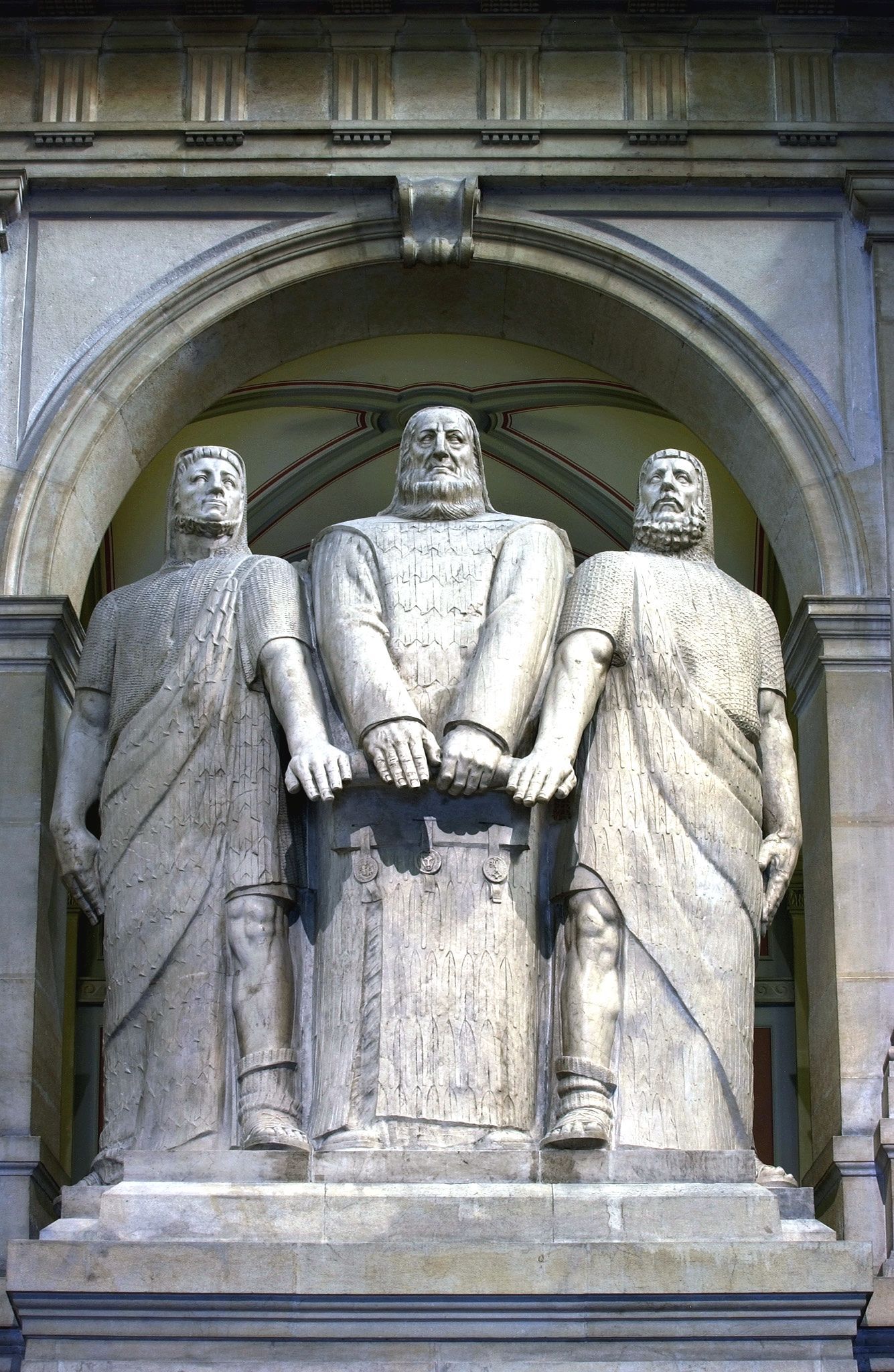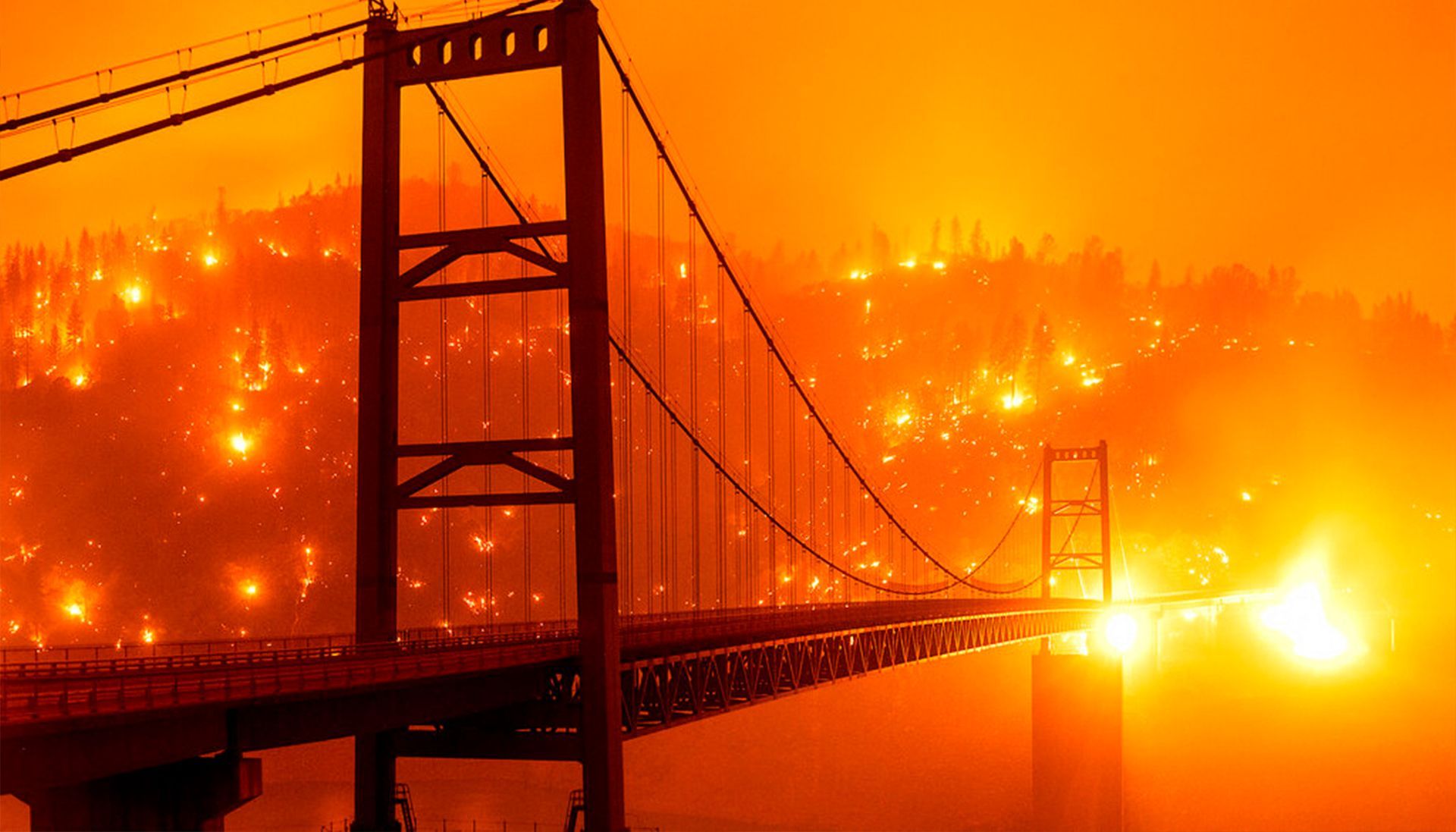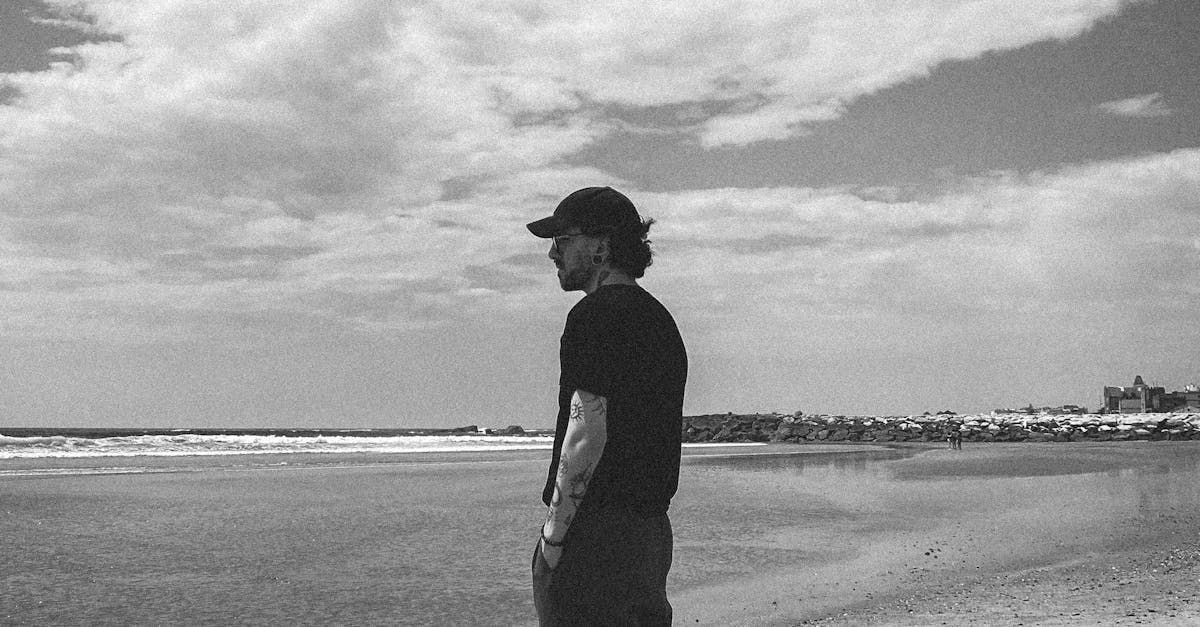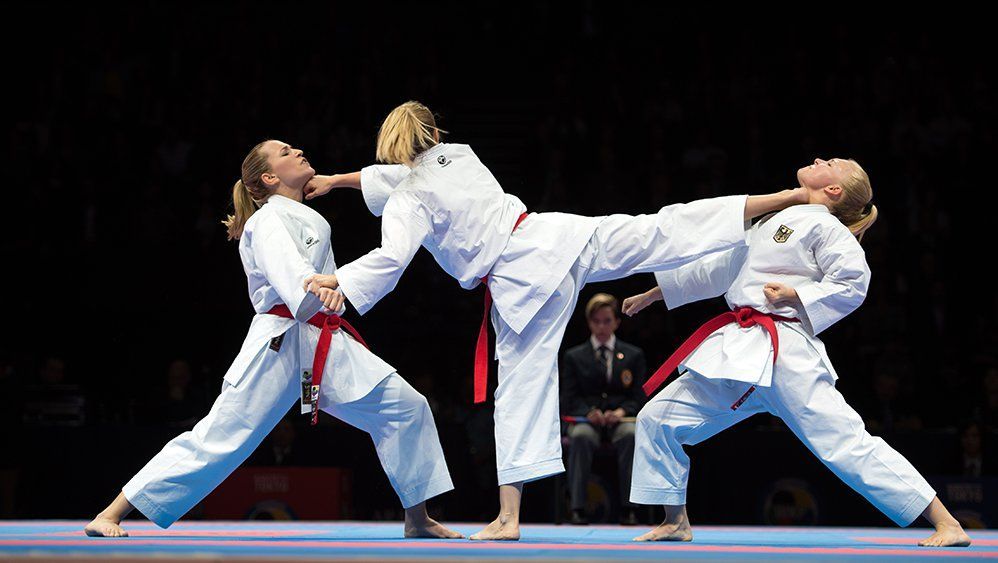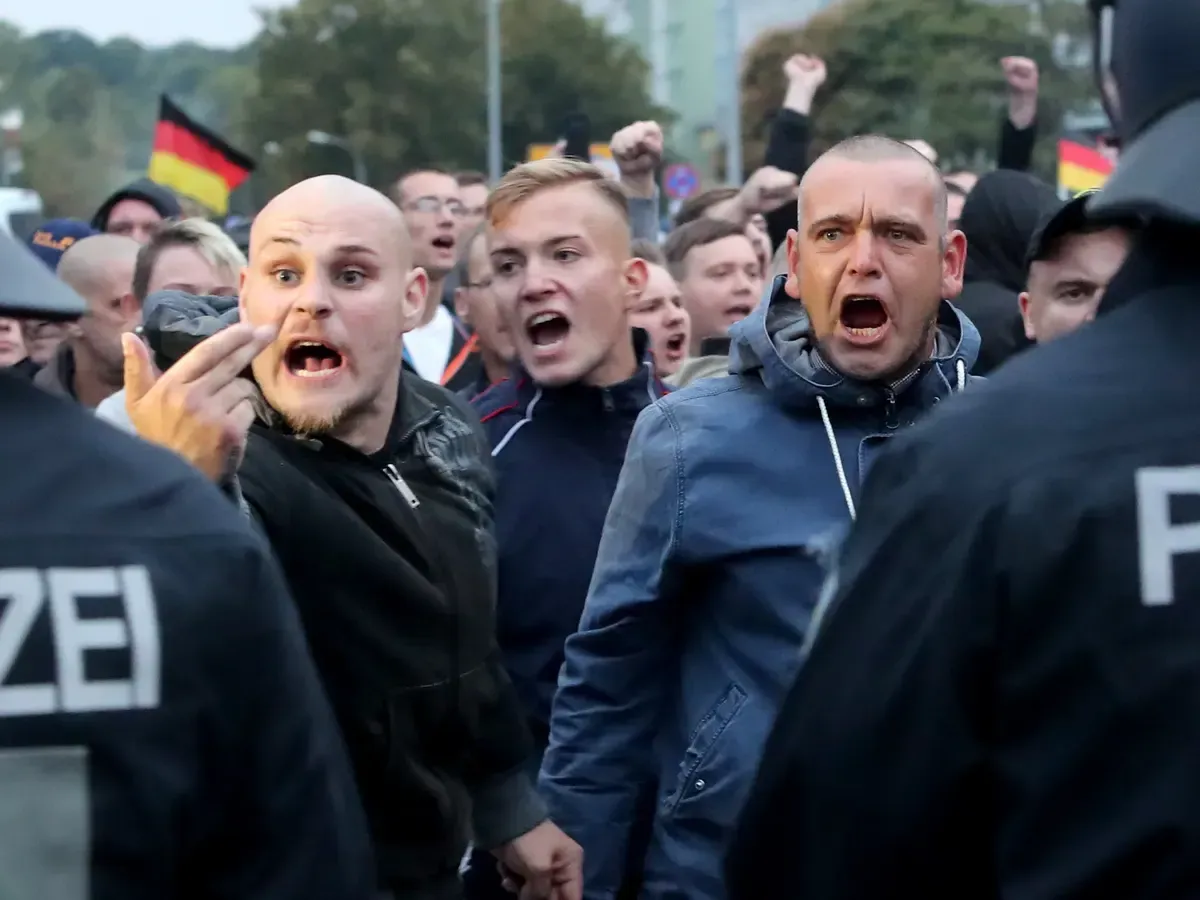the silent struggle: male victims of domestic abuse, stigma, and the path to healing
the impact of unseen trauma
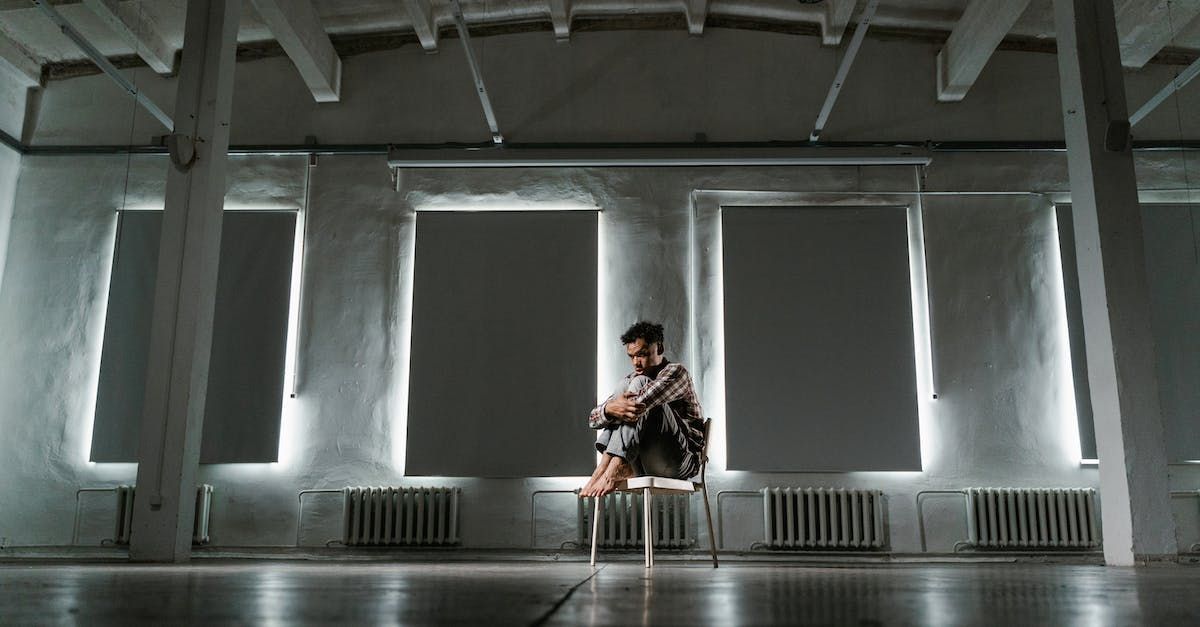
the silent struggle: male victims of domestic abuse, stigma, and the path to healing
The impact of unseen trauma
Domestic violence remains one of our most persistent societal failures, a shadow that crosses all boundaries of class, race, and gender. Yet in our necessary focus on female victims, we have created a dangerous blind spot - one that leaves millions of men suffering in enforced silence. This essay examines not merely the statistics of male victimization, but the systematic mechanisms through which society ensures their voices remain unheard, including the fierce resistance to acknowledging their existence at all.
The National Coalition Against Domestic Violence estimates that one in four men will experience intimate partner violence in their lifetime. These numbers represent a hidden epidemic, obscured by our collective refusal to acknowledge what contradicts our assumptions about gender and power. Yet even citing these statistics invites immediate backlash - accusations of minimizing women's suffering, of providing ammunition to men's rights extremists, of engaging in "whataboutism" that detracts from the "real" issue.
This reaction itself becomes a tool of silencing. The mere attempt to discuss male victimization triggers defensive responses across the political spectrum. Progressives fear it undermines decades of work highlighting violence against women. Conservatives struggle with narratives that challenge traditional masculine strength. The result is a bipartisan agreement to maintain silence, dressed up as protecting various important causes.
Consider how this plays out in practice. A researcher proposing to study male victims faces funding challenges - not because the research lacks merit, but because funders fear controversy. Support groups for male victims receive threats from those who view their very existence as betrayal of female victims. Men who speak publicly about their abuse face not just disbelief but active hostility, accused of attention-seeking or worse, of being secret abusers themselves attempting to muddy waters.
This creates a perfect ecosystem for abusers who target men. They know their victims face not just personal shame but political impossibility. The abuser's gaslighting finds reinforcement in social discourse that insists male victimization is statistically negligible, probably deserved, or at minimum, less important than "real" abuse. The victim learns quickly that speaking up means being conscripted into culture wars they never chose to join.
The zero-sum thinking around domestic violence reveals profound insecurity in our frameworks. If acknowledging male victims truly threatened female victims, what would that say about the foundation of our advocacy? In reality, abuse is not a gendered phenomenon but a human one. Recognizing all victims strengthens rather than weakens the case against domestic violence. Yet this nuance gets lost in defensive positioning.
The forms of abuse experienced by men mirror those experienced by women - physical violence, certainly, but more insidiously, the emotional terrorism, financial control, systematic isolation, and the particularly effective weapon of threatening false accusations. Male victims often face additional tactics exploiting gendered assumptions: threats to claim abuse, knowing authorities will believe her; using children as weapons, knowing courts favor maternal custody; public humiliation, knowing masculine pride makes this especially effective.
What distinguishes male victimization is not the nature of the abuse but society's response to it. Where female victims face skepticism and victim-blaming, male victims face outright denial of their experience. Emergency hotlines trained to assume male callers are perpetrators. Shelter systems with no provisions for men. Legal frameworks that presume maternal custody even in documented abuse cases. Healthcare providers who lack training to recognize abuse symptoms in men. Each institutional failure reinforces the abuser's most powerful message: no one will believe you.
The psychological impact compounds when victims realize they're fighting not just their abuser but entire social narratives. Online, they find communities polarized between those who deny their experience and those who weaponize it for misogynistic agendas. Neither serves their healing. They need support, not recruitment into ideological battles. They need recognition, not to become talking points in gender wars.
This ideological capture of domestic violence discourse serves no victims well. When we cannot discuss male victimization without triggering accusations of undermining feminism, we've confused advocacy with orthodoxy. When men's pain becomes acceptable only when framed as "toxic masculinity harming men too," we've made their suffering conditional on serving other narratives. When research into male victims gets labeled as "distraction from real issues," we've decided some pain matters more than others.
The resistance to acknowledging male victims often comes from those who consider themselves advocates against abuse. They fear losing hard-won resources, seeing funding as zero-sum. They worry about diluting messages that took decades to establish. These fears, while understandable, perpetuate the very dynamics that enable abuse. When we decide whose pain deserves recognition based on political calculation rather than human need, we become architects of suffering.
Breaking this cycle requires courage to withstand political crossfire. It means stating clearly: acknowledging male victims does not diminish female victims. Resources for men need not come from women's programs but from expanding our entire approach. Research into all victims improves our understanding of abuse dynamics. Most fundamentally, our credibility as advocates depends on consistent principles, not selective application based on gender.
For men currently experiencing abuse, the political dimension adds another layer of isolation. They must navigate not just personal trauma but cultural minefields. Document everything, knowing you'll face higher burdens of proof. Seek support carefully, screening for those who won't impose ideological frameworks onto your experience. Understand that your suffering is real regardless of how it fits into competing narratives about gender and power.
For those who know men who may be suffering, resist the urge to politicize their pain. They need support, not recruitment into your worldview. They need validation, not to become evidence in debates about feminism or men's rights. When they trust you with their story, honor that trust by seeing them as individuals, not representatives of their gender.
The Society of Good People recognizes that principles applied selectively become prejudices. If we believe no one deserves abuse, that must include everyone. If we advocate for victims, that must include all victims. When we parse suffering through political lenses, deciding whose pain counts based on how it affects our causes, we fail the fundamental test of human decency.
The path forward requires distinguishing between political narratives and human needs. Yes, women experience domestic violence at horrific rates and face unique challenges. This truth does not negate that men also suffer and also need help. Yes, some will misuse male victimization statistics for anti-feminist agendas. This misuse does not invalidate the real experiences of actual victims. We must become sophisticated enough to hold multiple truths without treating them as contradictory.
Most importantly, we must recognize that our discomfort with male vulnerability reflects the same patriarchal assumptions we claim to oppose. When we insist men cannot be victims, we reinforce that men must be invulnerable. When we treat male pain as politically inconvenient, we perpetuate the emotional suppression we elsewhere critique. The liberation of all people from violence requires liberating our discourse from defensive polarization.
The cost of our current approach extends beyond individual victims. We teach boys that their future suffering will be politically inconvenient. We demonstrate that advocacy depends on demographic categories rather than consistent principles. We model that compassion comes with ideological prerequisites. These lessons poison efforts to create healthier concepts of masculinity and more equitable relationships.
The fierce resistance to acknowledging male victims reveals our collective investment in simplified narratives. But reality remains complex whether we acknowledge it or not. Men suffer abuse. Women suffer abuse. Neither truth negates the other. Our choice is whether to expand our compassion or contract it, whether to complicate our understanding or cling to comfortable simplifications.
Justice, to be worthy of the name, must be universal. When we sacrifice individuals to preserve narratives, we become what we claim to fight. The victims - all victims - deserve better than being pawns in culture wars. They deserve recognition, support, and healing. And those of us who claim to stand against abuse must find the courage to stand for all who suffer, regardless of how that complicates our politics.
